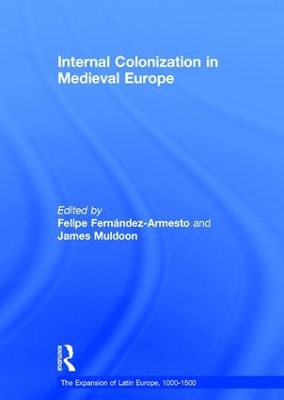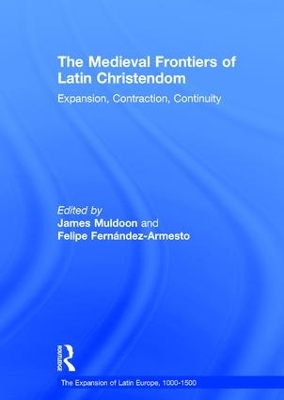The Expansion of Latin Europe, 1000-1500
2 total works
Internal Colonization in Medieval Europe
by Dr. Felipe Fernandez-Armesto and Professor James Muldoon
Published 22 December 2008
Around the year 1000 Rodulfus Glaber described France as being in the throes of a building boom. He may have been the first writer to perceive the early medieval period as a Dark Age that was ending to be replaced by a better world. In the articles gathered here distinguished medieval historians discuss the ways in which this transformation took place. European society was becoming more stable, the climate was improving, and the population increasing so that it was necessary to increase food production. These circumstances in turn led to the cutting down of forests, the draining of wetlands, and the creation of pastures on higher elevations from which the glaciers had retreated. New towns were established to serve as economic and administrative centers. These developments were witness to the processes of internal colonization that helped create medieval Europe.
The Medieval Frontiers of Latin Christendom
by Dr. Felipe Fernandez-Armesto
Published 22 December 2008
The aim of this first volume in the series "The Expansion of Latin Europe" is to sketch the outlines of medieval expansion, illustrating some of the major topics that historians have examined in the course of demonstrating the links between medieval and modern experiences. The articles reprinted here show that European expansion began not in 1492 following Columbus's voyages but earlier as European Christian society re-arose from the ruins of the Carolingian Empire. The two phases of expansion were linked but the second period did not simply replicate the medieval experience. Medieval expansion occurred as farmers, merchants, and missionaries reduced forests to farmland and pasture, created new towns, and converted the peoples encountered along the frontiers to Christianity. Later colonizers subsequently adapted the medieval experience to suit their new frontiers in the New World.

